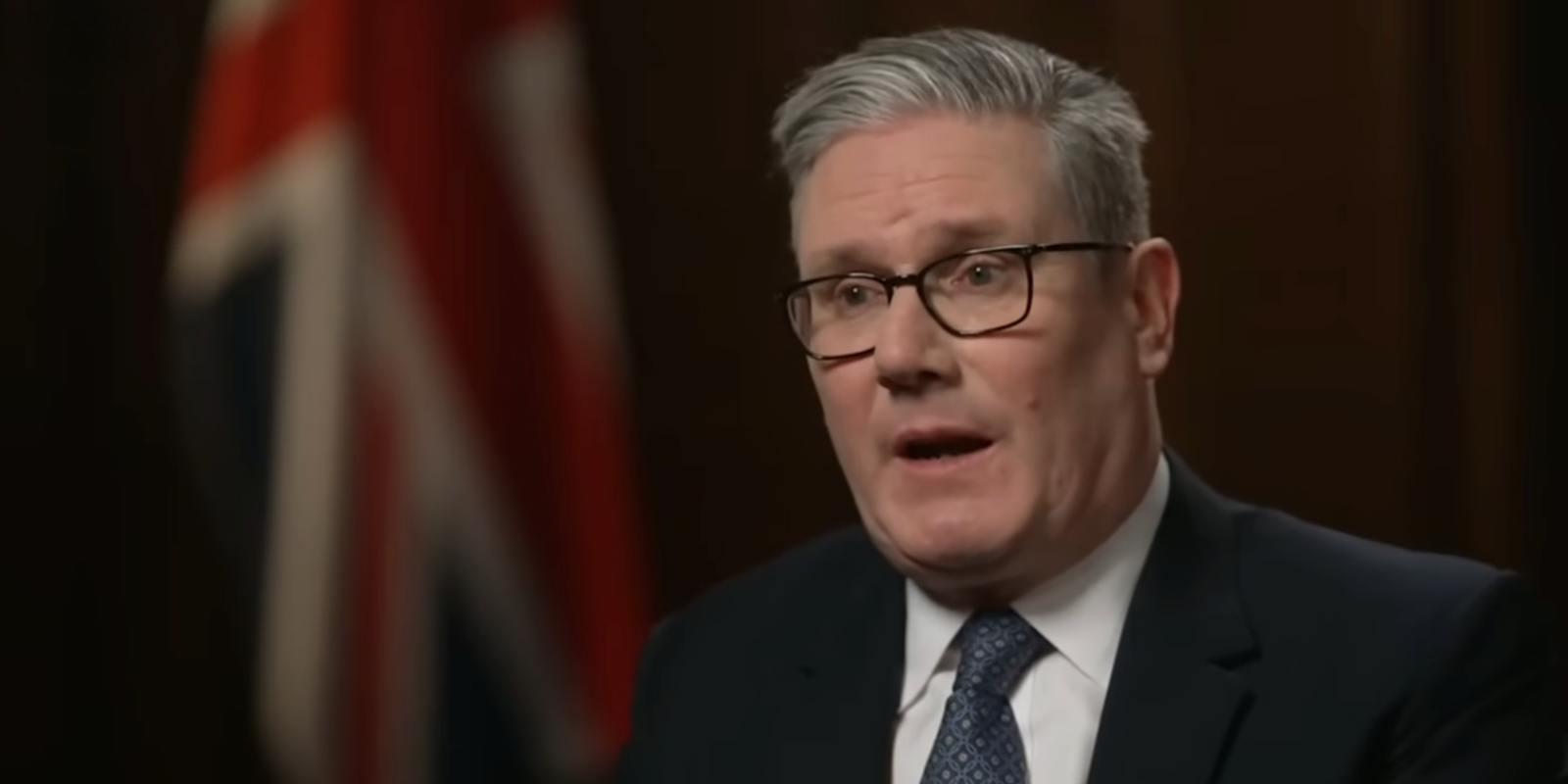On March 4, the fate of Obamacare is in front of the Supreme Court again. At stake are the subsidies intended to make Obamacare plans “affordable.” The letter of the law allows consumers to get subsidies only in the 14 states that set up their own exchanges, not in those that didn’t. But the Obama administration is ignoring that and doling them out in all 50.
The administration claims that if the court rules against them in King v. Burwell it will cause a national disaster. Don’t believe it. The biggest losers will be insurance companies. Here’s how it shakes out and why a court loss for President Obama would likely produce a big win for the nation by forcing the president to negotiate with Congress. Look for big changes in the law in the second half of 2015.
Losers: people with Obamacare plans.
No matter how the justices rule, it will have no impact on the poor. Nine out of every 10 people who gained coverage because of Obamacare are on Medicaid, a program that will be unaffected by this court case.
But about 5.5 million middle-class Americans get these questionable subsidies, which let them pay only a fraction of their plan’s actual cost. Taxpayers pick up three-quarters. If the court nixes those subsidies, the cost could quadruple, and people would have to look for other coverage. To avoid that disruption, Obama will need to negotiate with Republicans.
Losers: insurance companies.
Their stock prices have soared since the healthcare.gov rollout: Humana up 66 percent, Cigna up 53 percent and Aetna up 52 percent. No wonder. Obamacare forces the public to buy their policies.
It’s like a law requiring all Americans to buy cars and subsidizing those who can’t pay. That would send stocks for Detroit automakers skyrocketing, too. Insurers have bombarded the Supremes with arguments defending their cozy deal.
Losers: New Jersey Gov. Chris Christie and other swing-state Republicans.
Christie twice vetoed bills to set up a state exchange. But some 180,000 New Jerseyans are signed up for subsidies on healthcare.gov. The governor so far is keeping mum about what to do. Most governors in the 36 states without exchanges are Republicans. Some are standing firm against establishing a state exchange, while a few are signaling their readiness to make a deal with Obama.
Loser: Jonathan Gruber.
Caught in a lie again, the Obamacare architect told federal judges there’s no question subsidies were intended for all 50 states. But he was caught on tape twice in 2012 warning that states without their own exchanges would miss out on subsidies.
Winners: the uninsured in those 36 states.
The law slaps the uninsured with a yearly penalty: 1 percent of adjusted gross income in 2014 and 2 percent in 2015. If subsidies are eliminated, so are penalties. Only accountants lose. The absurdly complicated requirements to avoid the penalty are an H&R Block full-employment bill.
Winners: employers with 50 or more full-time workers.
These employers must provide coverage or face a penalty. The penalty only kicks in if a worker signs up for a subsidy. With no subsidies, employers in 36 states are exempt. That makes 250,000 businesses winners. Job seekers and part-timers hoping for full-time work also benefit when employers no longer feel pressure to keep workforces under 50.
Winners: swing-state Democrats.
Obamacare is a political albatross. New York’s Sen. Chuck Schumer blames it for the party’s losses last November. A ruling against subsidies allows Democrats to get behind a compromise.
Winner: the rule of law.
If the court strikes down the subsidies, it means Obama has to “faithfully execute” his health care law — or negotiate with Congress for changes.
Health and Human Services Secretary Sylvia Burwell warns of “massive damage” from an adverse ruling. That’s nonsense. The whole nation wins if Obama is forced to negotiate changes to his unworkable, expensive, overbearing law. Lawmakers should demand an end to the job-killing employer mandate and the rigid “Washington knows best” coverage mandate so people can buy what they want. Republicans in Congress have plans in hand and are ready to make a deal.
Betsy McCaughey is a senior fellow at the London Center for Policy Research and author of “Beating Obamacare 2014.”





